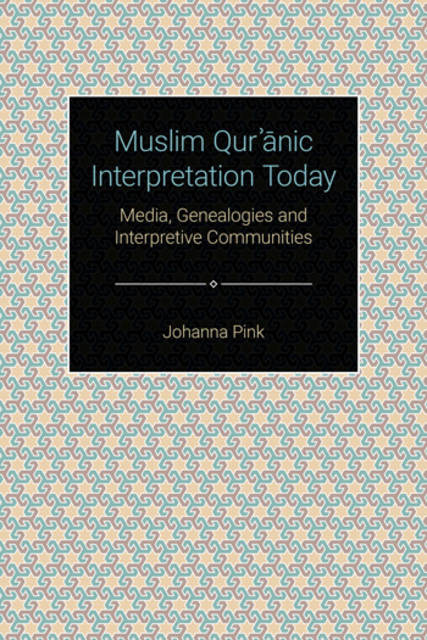Pink/Qurʾānic Interpretation, 2. Reconstituting the Exegetical Tradition

Full description
Premodern exegetical traditions have never lost their importance for Qurʾānic interpretation. However, the relative importance of different traditions as well as their level of authority have undergone fundamental transformations, most notably in connection with the rise of the Salafi paradigm. This chapter explores the resilience of the premodern genre of the Qurʾānic commentary (tafsīr) and its connection to the status group formed by Islamic scholars (ʿulamāʾ). Case studies demonstrate how contemporary ʿulamāʾ continue the tradition of tafsīr, how they flexibly combine exegetical resources and how the works of editors and translators have contributed to moving Salafi exegesis into the centre of the tradition. A Genealogical Tradition, The 'ulama' as Bearers of the Tradition, An 'alim Continuing the Tradition of tafsir: Muhammad Quraish Shihab (b. 1944, Indonesia) on Q 95:1-3, A Salafi Paradigm, Reshaping the Tradition: Sheikh al-Mubarakpuri's Tafsir Ibn Kathir (abridged) (India/Saudi Arabia) on Q, 38:21-25, Present-Day Salafi Exegesis, Takfir: Seyfuddin el-Muvahhid's Davetcinin Tefsiri (Turky/?) on Q, 4:116, Exegetical Traditions as a Resource, Condensing the Tradition: 'A id b' Abdallah al-Qarni (b. 1959, Saudi Arabia) on Q, 9:112
- typeImage
- created on
- file formatjpeg
- file size149 KB
- container titleMuslim Qurʾānic Interpretation Today: Media, Genealogies and Interpretive Communities
- creatorJohanna Pink
- isbn9781781797051 (eBook)
- publisherEquinox Publishing Ltd.
- publisher placeSheffield, United Kingdom
- rightsEquinox Publishing Ltd.
- series titleThemes in Qur'anic Studies
- doi
We use cookies to analyze our traffic. Please decide if you are willing to accept cookies from our website. You can change this setting anytime in Privacy Settings.
